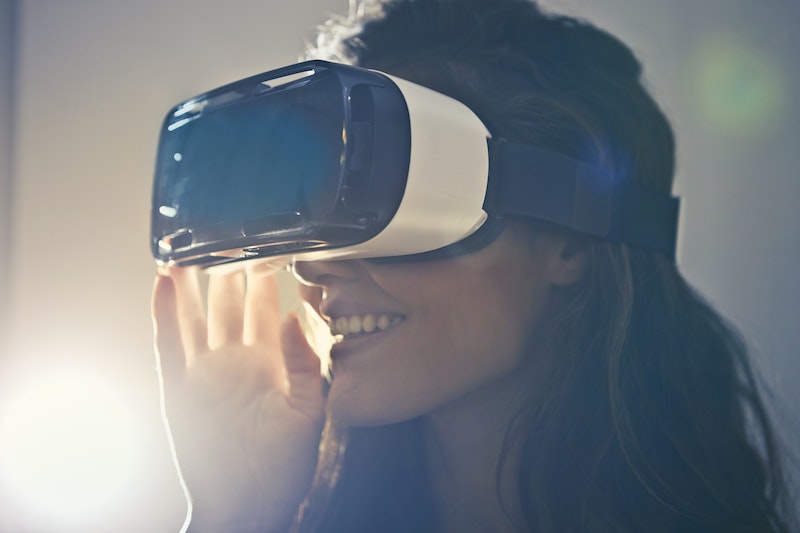Virtual Reality (VR) has been here for more than a decade now and other than being an entertainment system, they’re proving to be just as nifty for medical and therapeutic purposes. VR is a powerful tool to motivate its participants while providing augmented feedback to instruct the subject and improve task performance. Recent research into stroke and virtual reality has resulted in some exciting developments for neurorehabilitation.
Neuroplasticity: a vital part of recovery
Recovery after stroke, trauma, or as a result of neurological conditions is link to neuroplasticity, which helps the healthy brain tissue to take over the functions of ischemic areas. Neuroplasticity is the ability of the brain to reorganize and form new connections between neurons, called synapses, and help the person learn or recover from injury. Just like muscles gain bulk after physical activity, brain gets smarter and more organized after brain exercises. Contrary to this, the lack of training can lead to further deterioration in motor function.
How can VR aid in Neurological Rehabilitation?
Around 75% of stroke patients suffer from upper limb motor weakness and up to 80% suffer from cognitive problems including behavioral disorders and attention deficit. Researchers have developed the Rehabilitation Gaming System (RGS) which is a VR based neurorehabilitation paradigm deployed to help people suffering from motor neurological deficit, especially after stroke.
The system also addresses the post-stroke cognitive deficit. Since it can track user feedback in response to different levels of training, the RGS aims to exploit and train the cognitive processes that contemplate between perception and action. RGS can simulate personalized training environments for patients suffering from different neurological deficits such as exercises of upper limb and hands for motor cortex lesions and body balancing games for cerebellar lesions.
Virtual reality boosts motivation
Motivation has a central role in any rehabilitation program which centers on the difficulty of the task given. Research shows that only 34% of the stroke patients are functionally independent after the course of 5 years and many leaving the rehab program due to lack of motivation.
Too easy or too difficult task can drive to non-compliance and failure of rehab program. In a study, researchers developed a Personalized Training Module (PTM) for each of the subject and adjusted the difficulty based on performance of each subject. This resulted in better compliance to rehab program and boosted interest of subjects. Compared to conventional physiotherapy, virtual reality provides immense motivation and indulge subjects in specific task performance during rehab programme.
Virtual Reality rehabilitation session can be given at a neurorehabilitation centre, hospital or clinic, or can be a part of home-based telerehabilitation.
Research based evidence
According to a research published in International Journal of Neurorehabilitation, VR training of stroke patients over the course of six months resulted in a significant progress of motor function.
During the study, patients wearing special data gloves were given different tasks in virtual world that allowed them to practice various hand movements. The motor function was evaluated at half month, one month and two months after recruit and results were promising.
In another study, twelve subjects were given VR training of finger movements 6 months after the stroke. The program included four VR games: Plasma Pong, Hummingbird Hunt, Hammer Task and Virtual Piano-combined with the robotic technique. The results demonstrated improvement of finger movements with stability, smoothness of motion. In addition, the hand movements were also significantly improved.
In conclusion
In summary, VR is one of the most promising technologies for neurorehabilitation, able to combine neuroscience principles and neurorehabilitation techniques into motivating and training people that require neurological rehabilitation. It promotes self-management and empower patients to own their recovery process. VR-based interventions can cause a paradigm shift in motor and cognitive rehabilitation outcomes
Instruct a neurological rehabilitation expert witness
Are you looking for expert witness testimony for a client with neurological rehabilitation potential?
Trust the NRC Medical Experts to find the right expert for you.
Instruct us today or get in touch to speak to our specialist team today.

